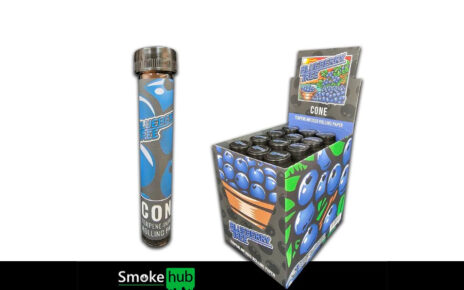Choosing the best White Thai Kratom, the quality of the product heavily depends on the vendor. With so many online and local sellers offering this popular strain, it can be overwhelming to determine which vendor truly provides a high-quality product. Factors like sourcing practices, lab testing, customer reviews, and pricing all play a crucial role in identifying a trustworthy supplier.
Reputation and reliability factors
1. Industry certifications
2. Standard compliance
3. Manufacturing practices
4. Customer satisfaction metrics
5. Professional endorsements
Source authentication
The origin of natural supplements plays a vital role in determining their overall quality. Products sourced from regions with established cultivation practices tend to maintain higher standards throughout production. Expert farmers understand optimal growing conditions, resulting in superior yields.
The white thai kratom strain stands among carefully cultivated varieties, benefiting from traditional agricultural knowledge passed down through generations. Careful attention to environmental factors ensures the preservation of beneficial properties.
Quality control measures
Manufacturing facilities maintain strict protocols to preserve product integrity. Regular testing verifies the absence of contaminants while confirming potency levels meet established benchmarks. Documentation provides transparency throughout the production process. This dedication to quality control supports reliable outcomes for consumers seeking natural options.
Storage and preservation
Proper storage conditions significantly impact product quality over time. Temperature-controlled environments prevent degradation while protecting essential compounds. Airtight packaging prevents exposure to elements that could compromise effectiveness.
Distribution networks
Established supply chains prioritize maintaining product freshness during transport. Careful handling procedures prevent damage while ensuring timely delivery to vendors. Regular audits verify compliance with storage and shipping requirements.
Consumer education initiatives
The proper usage guidelines enable optimal results. Clear instructions support appropriate serving sizes and frequency recommendations. Educational resources provide valuable information about natural supplement options.
Vendor evaluation criteria
1. Years of operation
2. Customer support quality
3. Return policies
4. Information transparency
5. Product availability
Professional certifications
1. Industry standards compliance
2. Safety protocols
3. Quality management systems
4. Environmental responsibility
5. Ethical business practices
Documentation requirements
1. Product testing results
2. Origin verification
3. Processing records
4. Storage conditions
5. Distribution tracking
Community engagement
Active participation in industry organizations demonstrates a commitment to quality standards. Collaboration with research institutions supports ongoing product development and improvement. Regular communication with customers provides valuable feedback for enhancement opportunities.
Modern developments
Scientific research expands understanding of natural supplement properties. Advanced processing techniques preserve beneficial compounds more effectively. Improved storage solutions extend product shelf life while maintaining quality.
Market dynamics
Growing awareness drives increased focus on quality standards. Consumer demand supports investment in enhanced production capabilities. Industry competition encourages continuous improvement in product offerings.
Safety protocols
Established safety measures to protect product integrity throughout handling. Regular employee training reinforces proper procedures and techniques. Documentation systems track compliance with established protocols.
Regular assessments
Periodic reviews identify opportunities for process improvements. Quality metrics track performance against established benchmarks. Customer feedback provides valuable insights for enhancement.
Quality products provide reliable results when used as directed. Clear information supports informed decision-making. Professional support services address questions and concerns effectively. Continuing advances in production technology enhance quality control capabilities. Growing market awareness drives increased focus on product standards. Industry collaboration supports ongoing improvements in practices and procedures.





